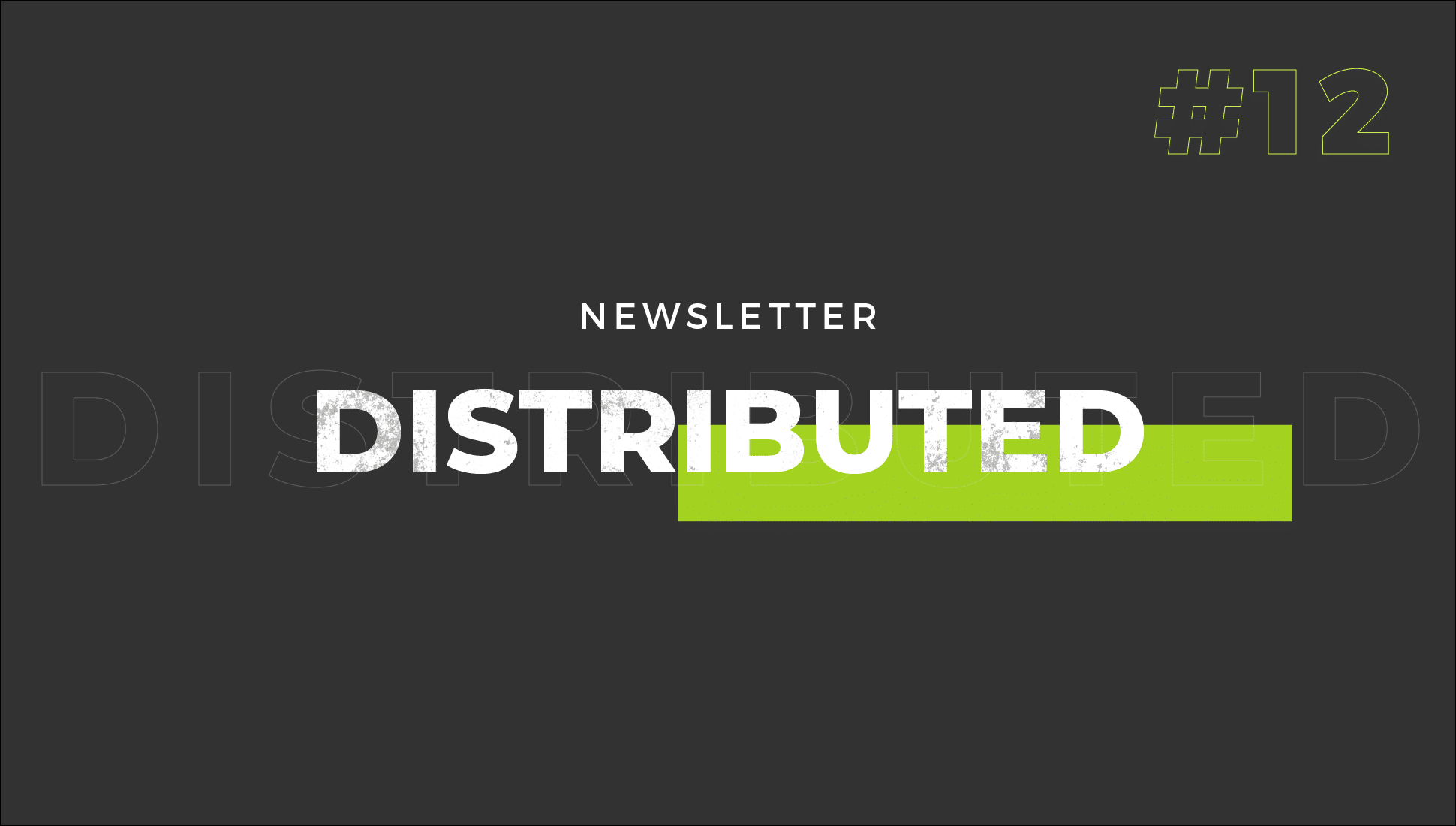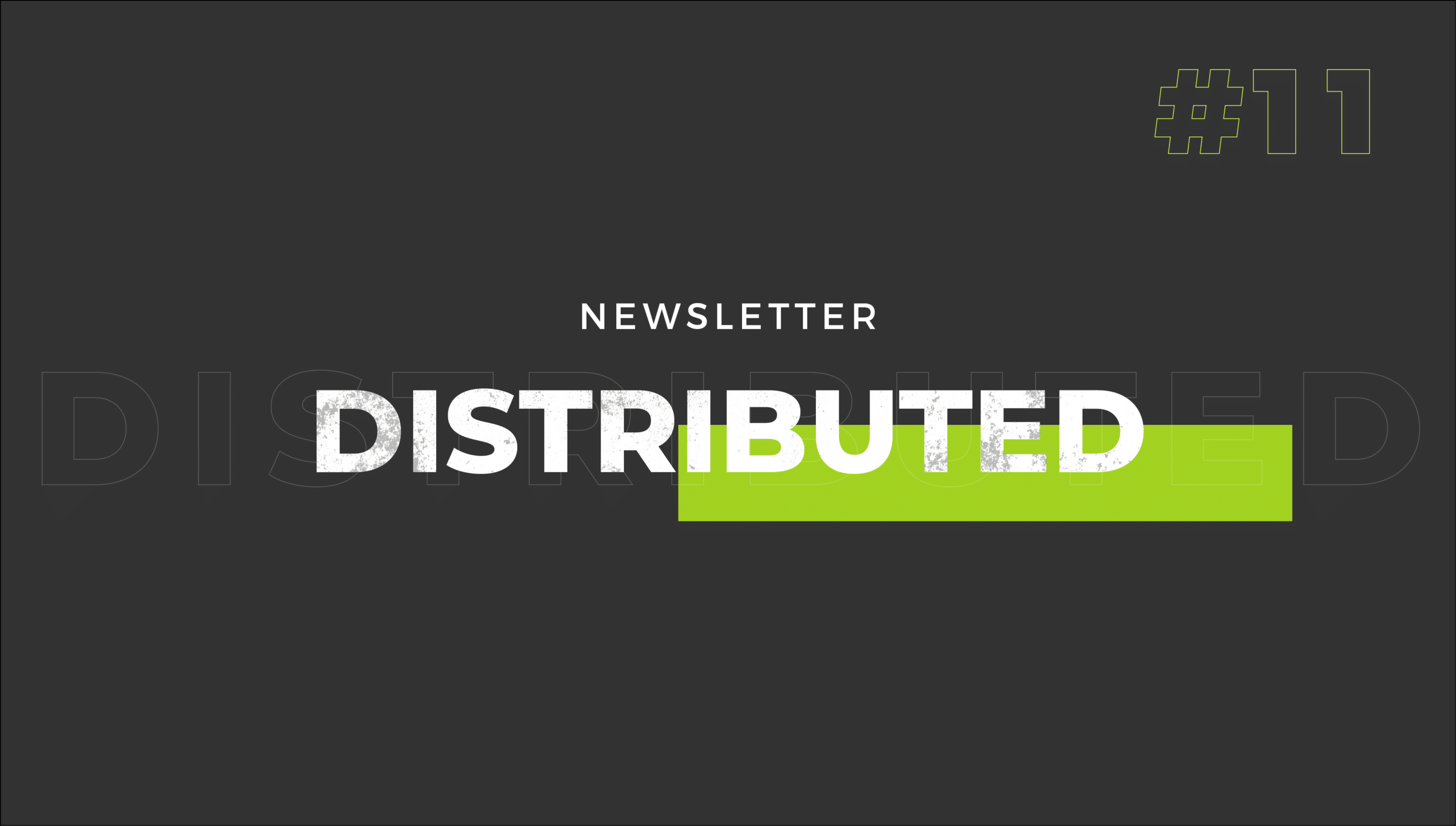Anyone can create a website through WordPress. That’s the beauty of it. But just because someone with very little web experience can put together a site in an afternoon with the popular CMS doesn’t mean that it should be tossed aside as a real enterprise solution for complex businesses.
If you’re wondering whether or not WordPress is a good foundation to build your site on, whether it’s powerful enough for enterprise companies, or whether it can perform at the highest level, I have some good news for you.
Let’s dive into a few popular WordPress misconceptions, and what you need to consider if you go down the WordPress route.
Misconception #1: “It’s just another blogging platform”
To begin, I’d like to address a few misconceptions that people have when it comes to WordPress. As alluded to above, many still think of WordPress as simply a blogging platform. In reality, WordPress powers over one-third of the entire internet. That’s more market share than Nike holds in the sports industry, Samsung or Apple in the smartphone space, or American Airlines in the US airline industry.
But the reason so many sites run on WordPress isn’t solely because it’s the market leader, but rather because it’s versatile. Due to its hooking system, open source nature, and ecosystem of themes and plugins, there’s not much you can’t do with WordPress. Which means it can work for small businesses, pet bloggers, and giant corporations alike.
That said, larger sites have more diverse needs, and you’ll likely require some help if you’re an enterprise company.
The Answer: Custom WordPress Development
When we say, “custom WordPress development” we really just mean consulting with experts who know and understand the ecosystem inside and out. Remember, WordPress is versatile, so specialized developers can help you with plugins, hosting solutions, themes (when necessary), integrations like WooCommerce, and more.
If you’re an enterprise company, you’re almost certainly going to need custom WordPress development. This ensures your website is built to fit all the needs of your business and produce a real impact for the organization.
Misconception #2: “It’s not secure”
Another argument against using WordPress for enterprise companies is that it’s not secure. And without further protection, it’s a real concern. Because of its popularity and flexibility, hackers can usually tell when a site is powered by WordPress and they’re always looking to break in. This is especially dangerous during the lag time between when vulnerabilities are publicized and when patches are applied. (Read: update your ding-dang software!)
In reality, these vulnerabilities aren’t limited to WordPress—this applies to any type of software. WordPress is only insecure if you don’t take the proper steps and precautions to defend your site from hackers. Nothing online is safe if you don’t protect it.
One way enterprise companies (or any business of any size, really) can protect their sites is to make sure you invest in a good hosting environment or DevOps engineer. Here are some ways a hosting provider can help secure a WordPress site:
- Custom host configurations can make it harder to tell if your site is powered by WordPress.
- They can also do basic things like rename your admin path, since everyone tries “wp-admin.”
- A host can also implement a firewall that detects if a certain IP is trying something nefarious, like a brute force attack, and then automatically block it.
Some of these things can be achieved through WordPress plugins, but a hosting expert can help you set things up correctly—and test them—so that your efforts aren’t in vain.
Misconception #3: “It’s bloated and slow”
Again, “out-of-the-box” WordPress can be clunky, especially if you don’t optimize for performance. But if you’re working with experts who know how to plan accordingly and who understand the server-side configuration, you should be okay.
One way we optimize the WordPress sites we develop is by utilizing TypeRocket, a specific WordPress framework. Through this framework, we’re able to extend and modify certain elements to build faster while optimizing for peak performance. That way, you don’t suffer from a bloated database or standard features you may not be using.
Enterprise Sites on WordPress
Still on the fence about whether or not WordPress can work for enterprise sites? Let’s look at a small example from one of our longest-standing clients, Airstream.

The legendary travel trailer and touring coach manufacturer has a large site with a wealth of data to manage for each product—everything from specs and features to floorplans, images, and more.
This can make the site pretty bloated, pretty fast. Knowing how WordPress stores all data for custom fields, we were able to counter this issue by implementing custom data tables with TypeRocket. Using this method also made it easier to programmatically create importers and exporters, which made content management much easier for model year changes.
If you’re not a developer and you read the last paragraph as gibberish, here’s what to take away—WordPress has its limitations, but most of them can be worked through with the right team that understands both WordPress and what your business is trying to do.
WordPress—Popular, but Powerful
There’s a reason many people, companies, and organizations choose to build their websites on WordPress. And just because your cousin just started a fashion and food blog using WordPress doesn’t mean that it can’t be used effectively for your enterprise business. As long as you think through the limitations and create a great plan to address concerns like security and performance, you’ll find that WordPress can be extremely powerful.





